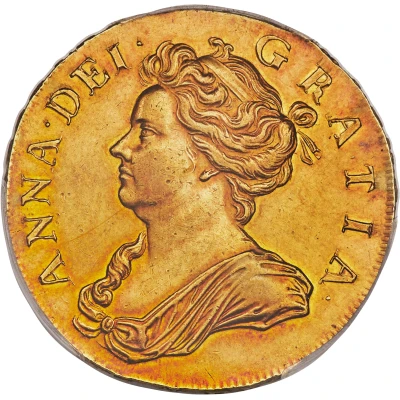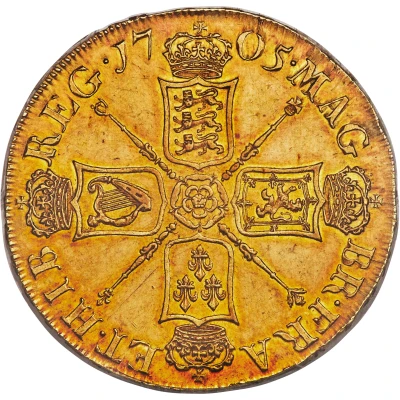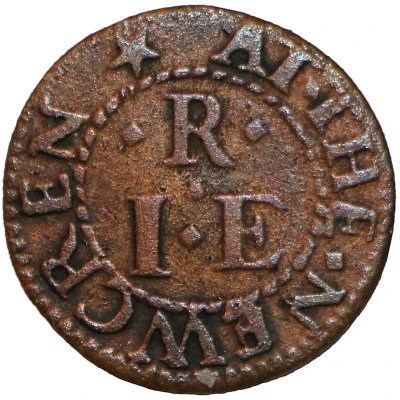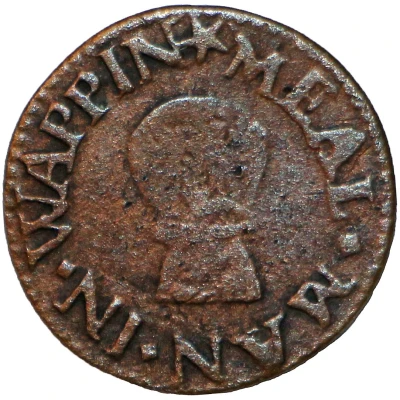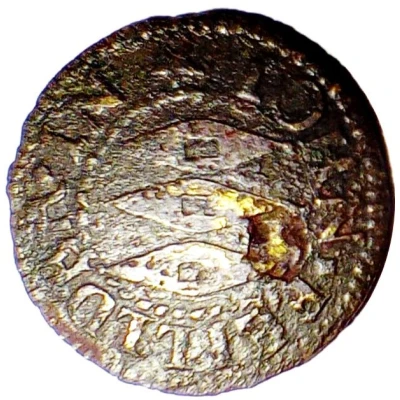
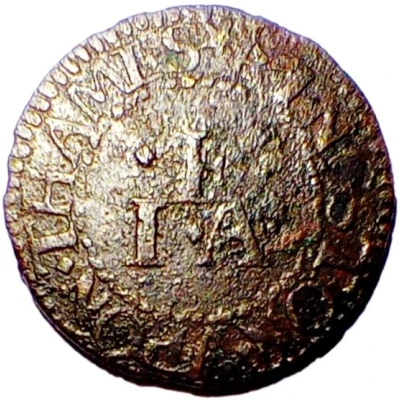

© niculaE13numismat
Farthing - Surrey Kingston-upon-Thames / J. Feillder ND
| Copper | 0.99 g | 11 mm |
| Issuer | England (United Kingdom, British Overseas Territories and Crown Dependencies) |
|---|---|
| King | Charles I (1625-1649) Charles II (1660-1685) |
| Period | Commonwealth (1649-1660) |
| Type | Token |
| Years | 1648-1672 |
| Value | 1 Farthing (1⁄960) |
| Currency | English Trade Tokens (1648-72) |
| Composition | Copper |
| Weight | 0.99 g |
| Diameter | 11 mm |
| Thickness | 1 mm |
| Shape | Round (irregular) |
| Technique | Hammered |
| Orientation | Variable alignment ↺ |
| Demonetized | 1672 |
| Updated | 2024-10-08 |
| Numista | N#388309 |
|---|---|
| Rarity index | 100% |
Reverse
Issuer's initials central within inner circle, legend around.
Script: Latin
Lettering:
* KINGSTON · VPON · THAMES
· F
I · A ·
Translation:
Kingston upon Thames
I A F (John A Feillder)
Edge
Plain
Comment
Date of issue unknown but thought to be early- to mid-1660's.
Mention is made in the records of the Corporation of the City of London in January, 1649, of a John Fielder as printer to the Parliament of England, and a Quaker. In 1659 a petition, very largely signed, was presented to Parliament by Quakers, praying for redress for the 140 of their brethren, then in prison, and for the 1,900 who were at that time under persecution for conscience' sake. To this petition the
name of John Fielder was appended.
Interesting fact
One interesting fact about the Token Farthing - Surrey (Kingston-upon-Thames / J. Feillder) ND (1648-1672) coin is that it was issued during a time of great economic turmoil in England. The English Civil War had recently ended, and the country was struggling with inflation and a shortage of coinage. To address this issue, local authorities and private individuals began issuing their own tokens, like this one, to serve as a form of currency. These tokens were often made of base metals like copper and had a low denomination, making them accessible to everyday people. Despite their humble origins, some of these tokens have become highly sought after by collectors today.
